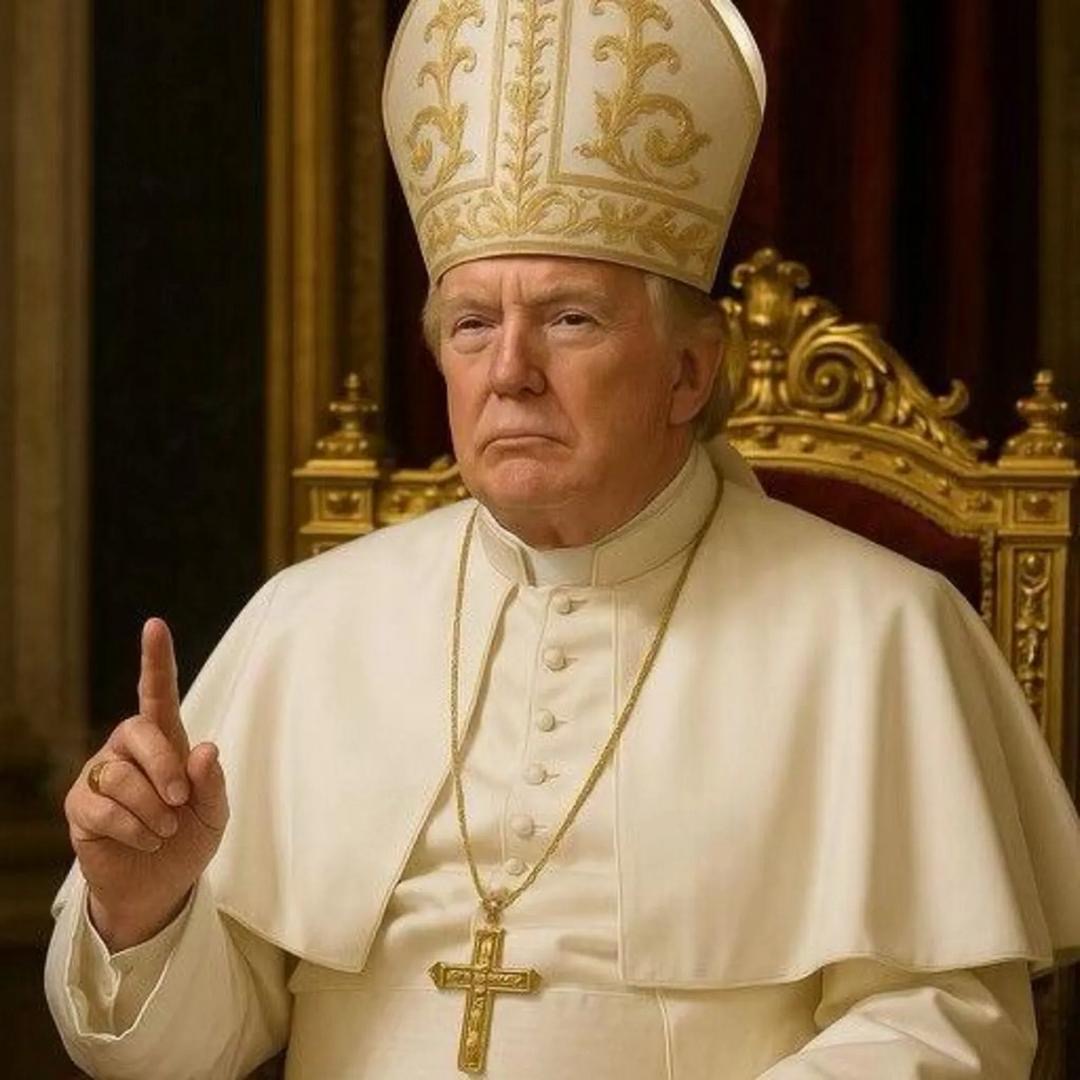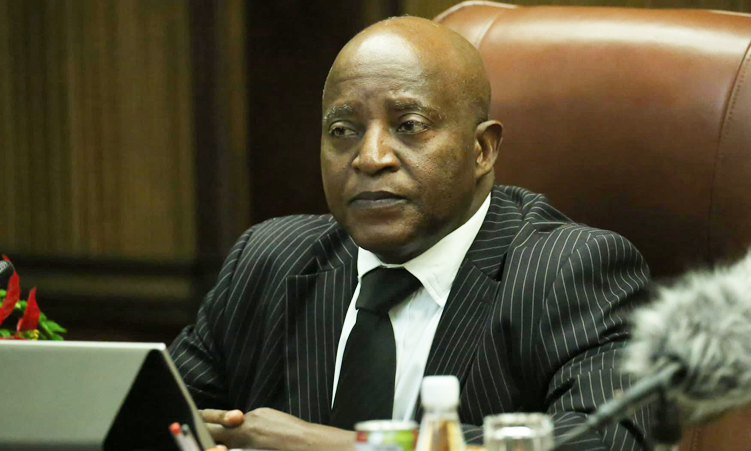WHEN the South African Judge, Hilary Squires, concluded the sentencing proceedings against Shabir Shaik in May 2005, he had the following to say: ‘..this phenomenon (of corruption) can truly be likened to a cancer eating away remorselessly at the fabric of corporate privacy and extending its baleful effects into all aspects of administrative functions, whether state official or private sector manager’.
One could infer from Judge Squires and argue that corruption, if unchecked, is an insidious and pervasive evil that threatens the very existence of a functional democratic state, including the state’s capacity to deliver on essential services.The consequence of the state’s incapacity to deliver due to systematic corruption is what in some instances has led to the rise of big-men politics and coup d’états in parts of the African continent. For a country our size, corruption has reached worrying proportions and if it is not arrested it can become wholly systemic with far more dilapidating consequences on state survival. It is for this reason that the ‘Great March Against Corruption’ is a laudable initiative as a conscientious partnership between a state institution and civil society. Perhaps, symbolically, it is important since it also involves both our Head of State, President Hifikepunye Pohamba, and the founding President, Sam Nujoma. It does show a normative commitment to dealing with the problem. However, even if such an initiative represents a symbolic victory against the fight against corruption, it is not sufficient in arresting the scourge of corruption in our country. The caveat ought to be made is that the fight against corruption will not be won in the absence of a robust institutional culture in government that implements rules without fear or favour. Such a culture also demands more openness on the part of state institutions in terms of how they deal with and disseminate information to the public. A case in point is the Members of Parliament assets register, which has long been in existence, yet remains the exclusive reserve of the state, and not open for public scrutiny and inspection. In addition, many presidential commissions of inquiry were instituted without the public ever being informed about their conclusions. But crucially, at a structural level, the fight against corruption is unlikely to be won when the relationship between the state and the dominant party has not yet been redefined. What we have at present is a system where state institutions are embedded in a narrow patriarchal system under the tutelage of the ruling party. The consequences of such a patriarchal system has been perverse and has created a gridlock when it comes to the effectiveness and reach of the Anti-Corruption Commission in its fight against corruption. We ought to admit that when citizens feel that the only way in which they can access resources is through the ruling party, we are setting fertile ground for corruption to flourish. This is the case in view of the fact that certain individuals have developed a sense of entitlement with regard to the largesse of the state in terms of not only lucrative contracts, but also jobs.Therefore, the argument that ought to gain traction does not only relate to the symbolic and the visibility that comes from a march that involves a sitting head of state and a former, but it demands that we also need to rethink the structural links in how the system functions and whether it does not make itself amenable to corrupt practices. I am not too sure if it is sustainable for a system to have public servants masquerading as party officials and worse, entrepreneurs. If at all, such a culture does not contravene existing rules, it does raise ethical concerns, which in turn demands that we reform the system. In essence, the hard yards against corruption that ought to be undertaken entail a system that deals proactively with corruption, while enforcing the rules without fear or favour. In the absence of rules, a culture of ethics must guide the manner in which leaders and public officials dispense their duties. * Alfredo Tjiurimo Hengari is a PhD fellow in political science at the University of Paris- Panthéon Sorbonne, France.
Stay informed with The Namibian – your source for credible journalism. Get in-depth reporting and opinions for
only N$85 a month. Invest in journalism, invest in democracy –
Subscribe Now!










